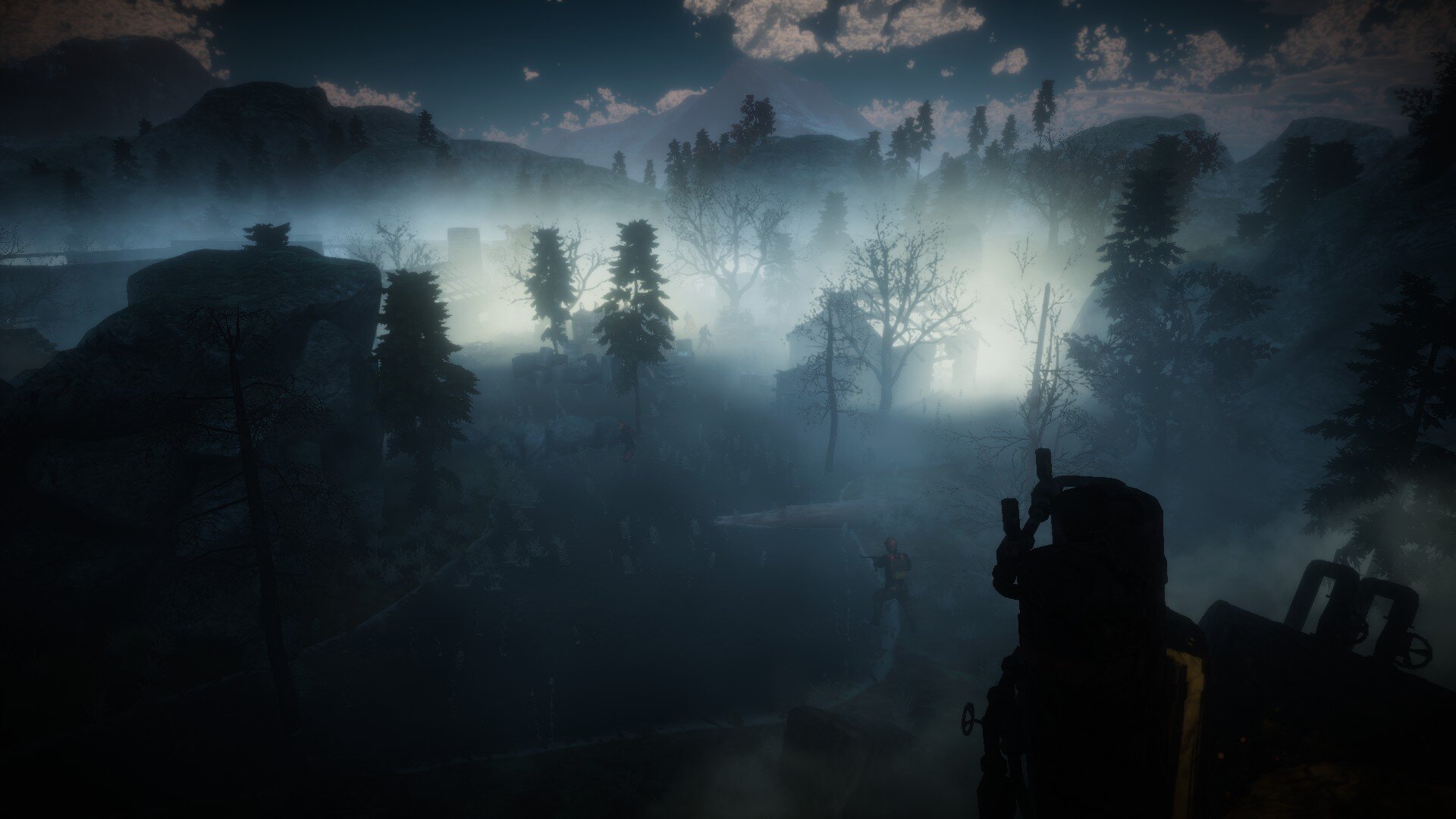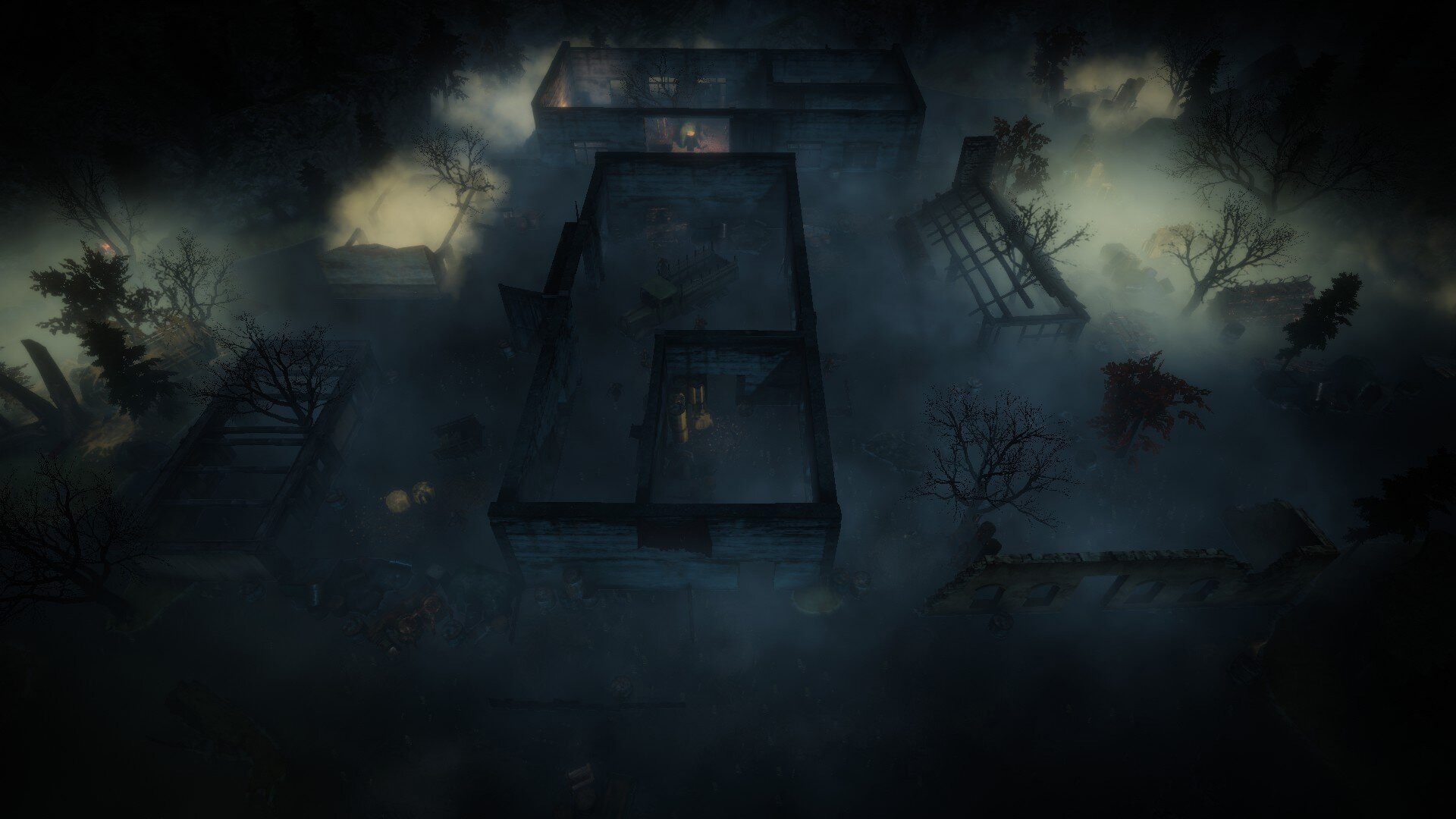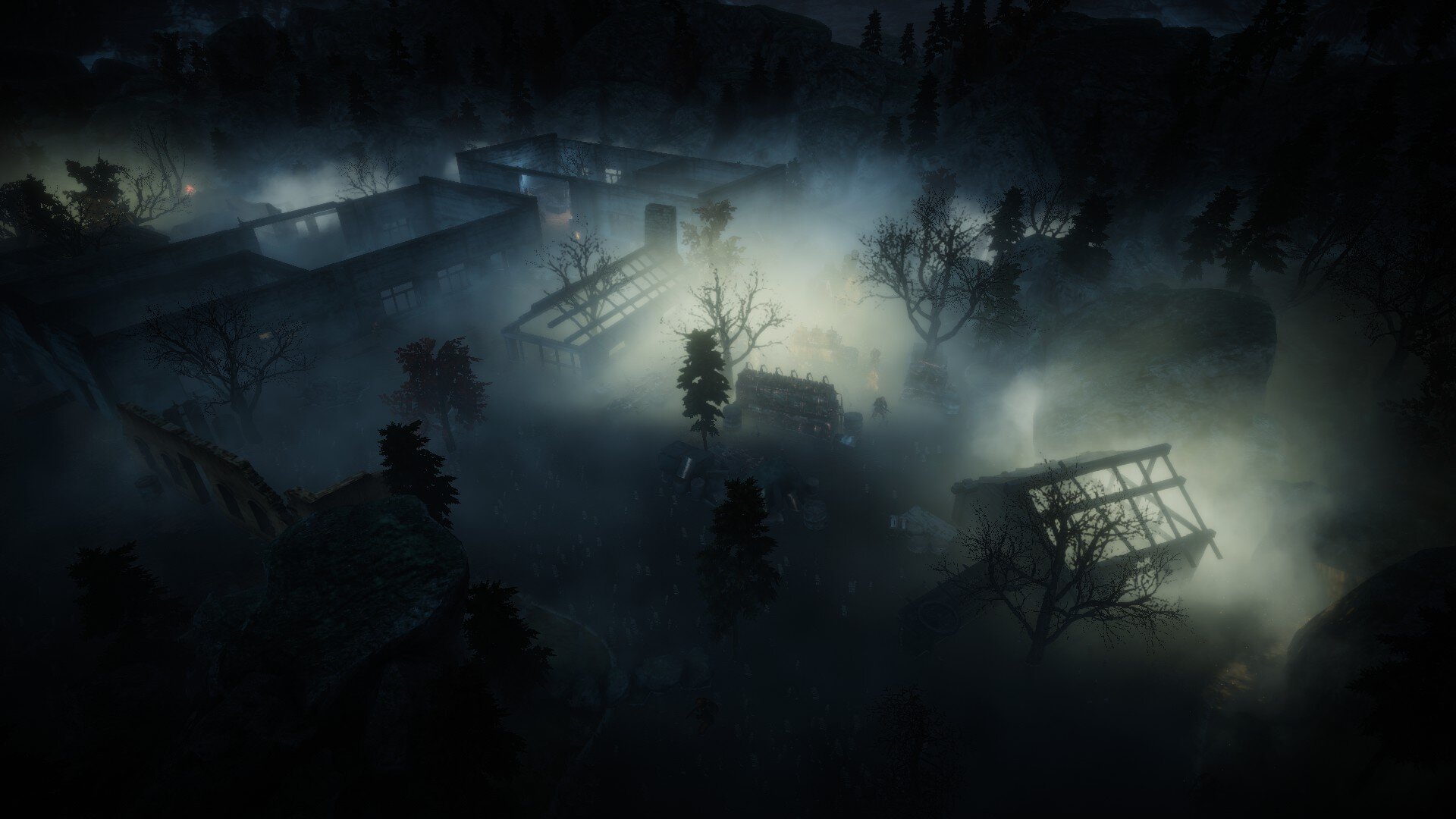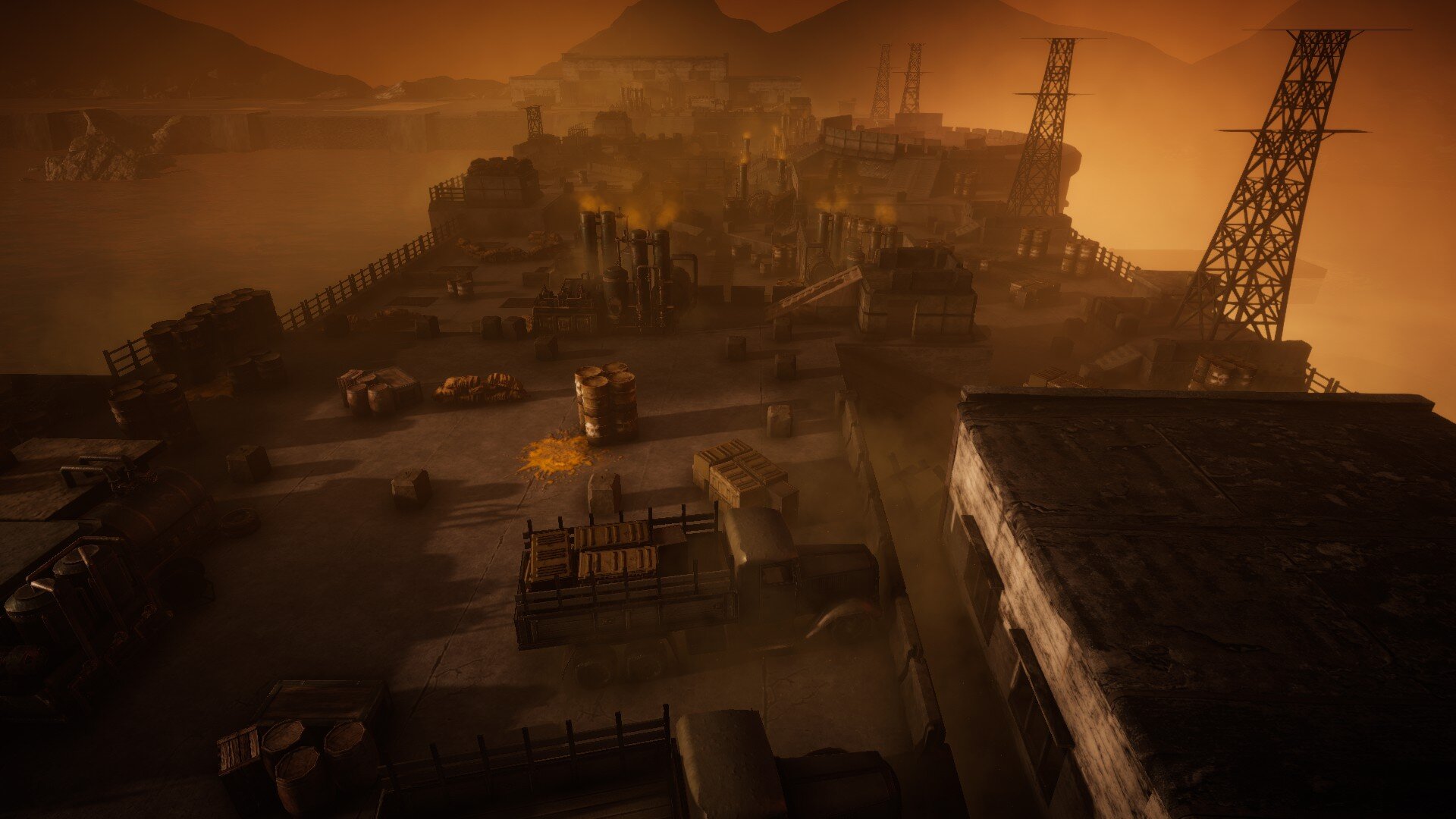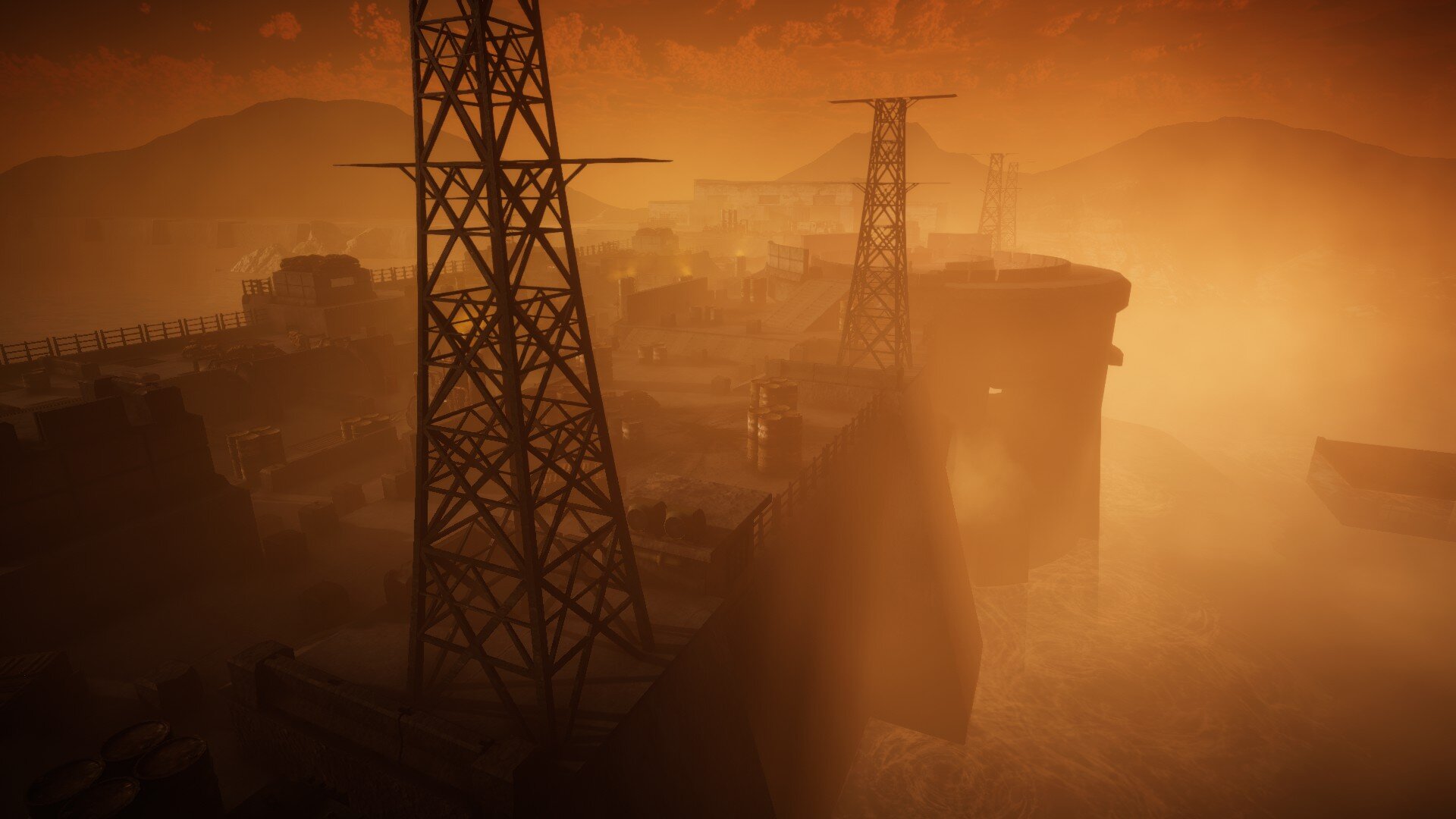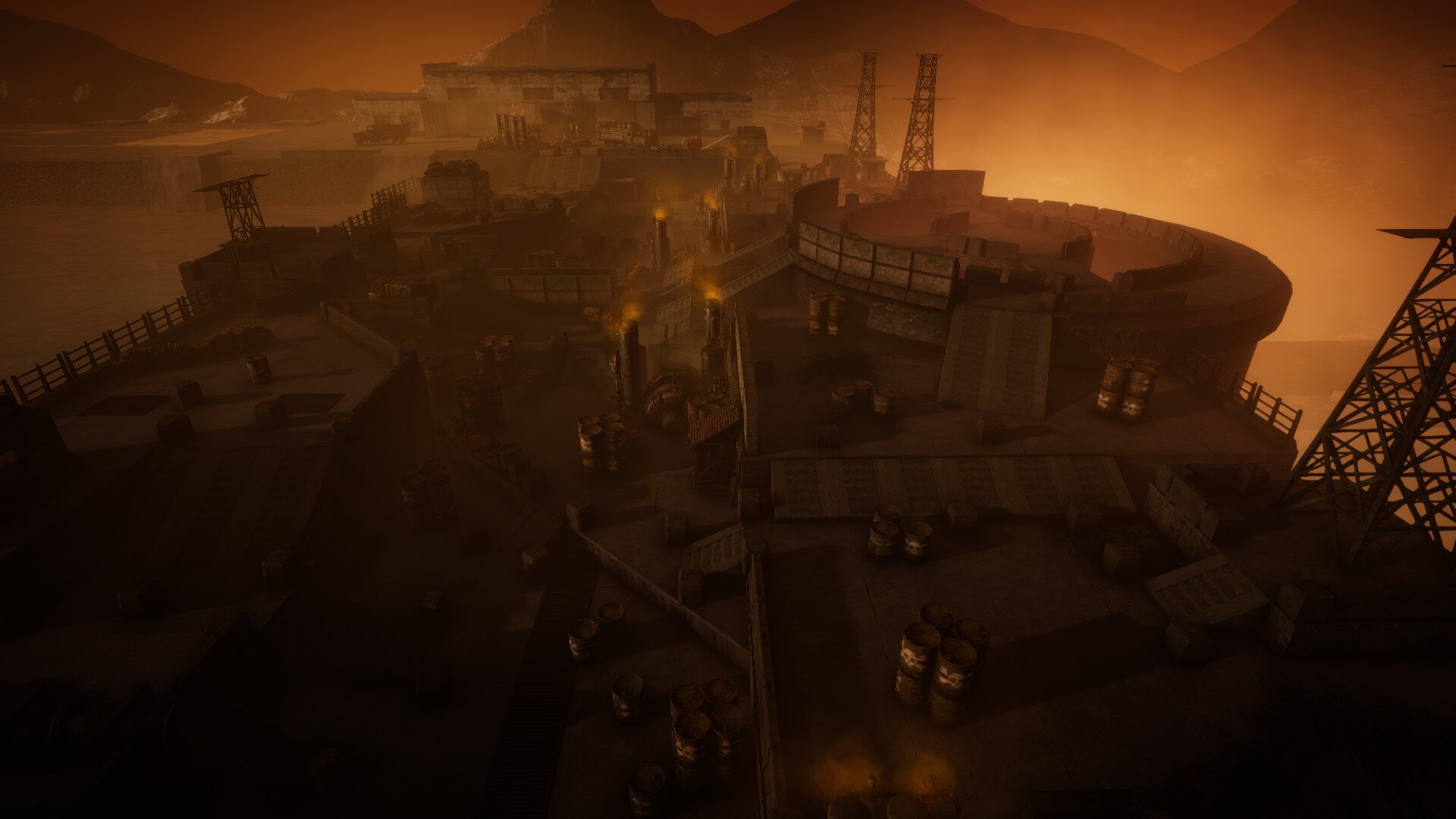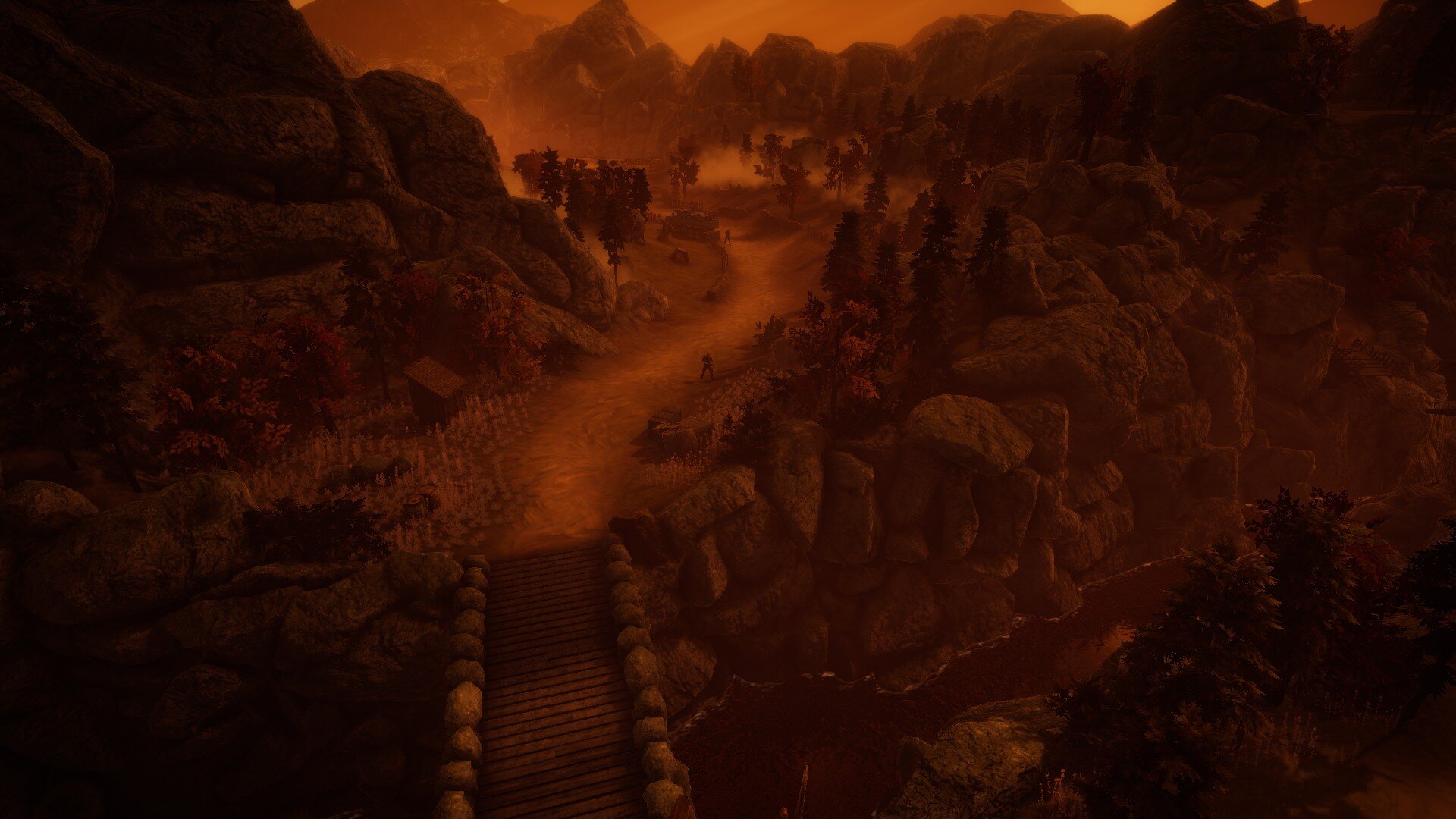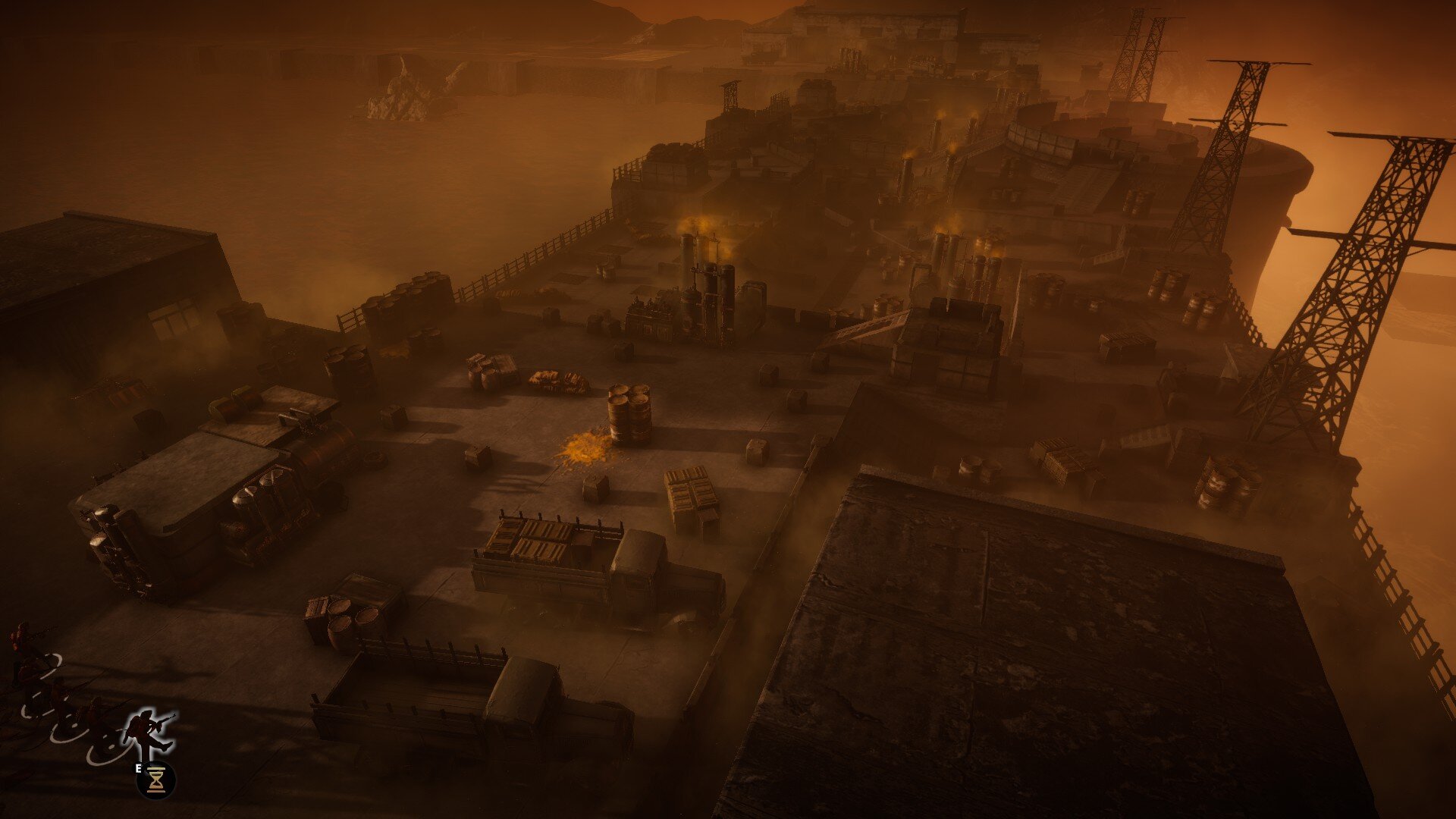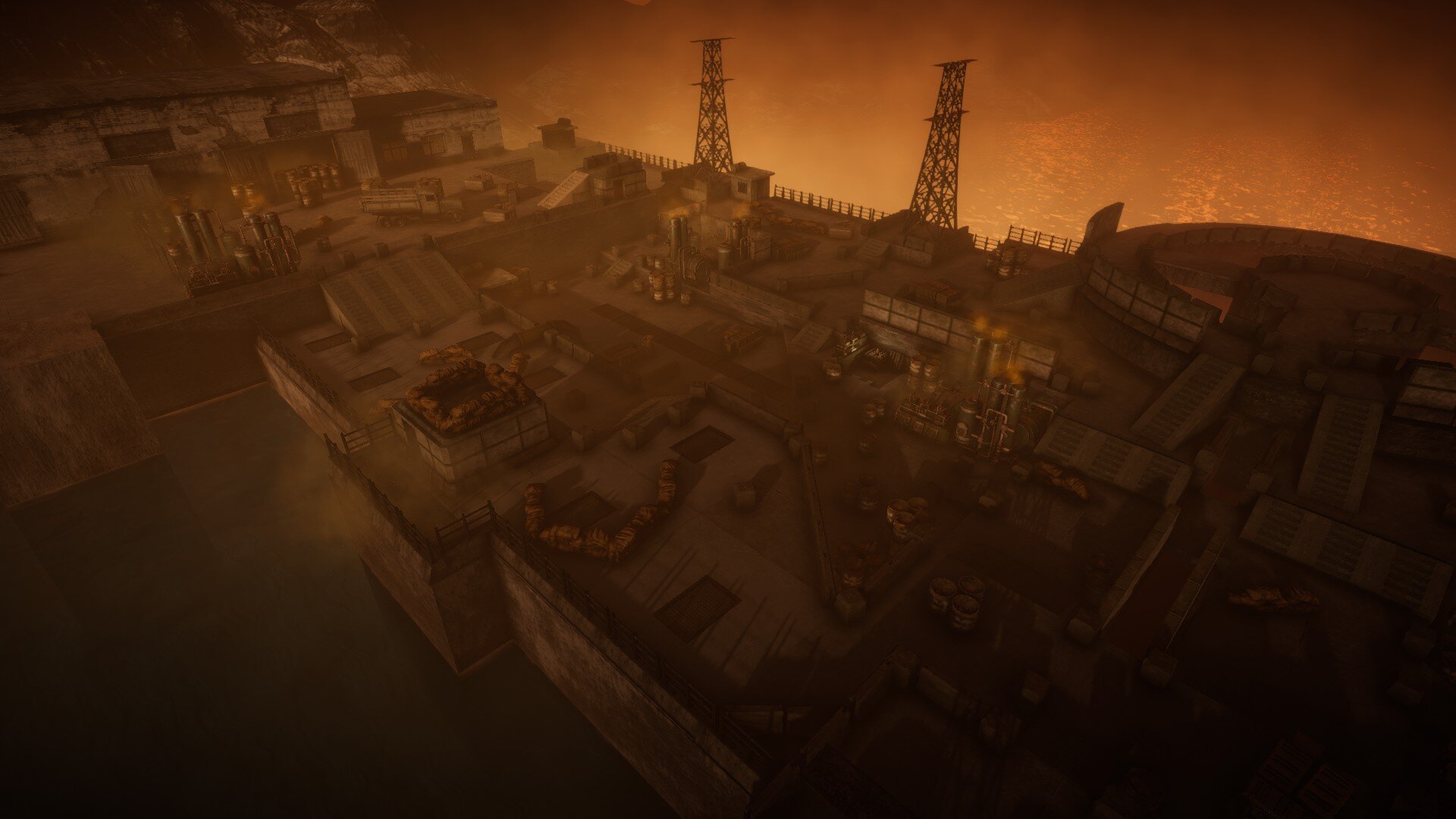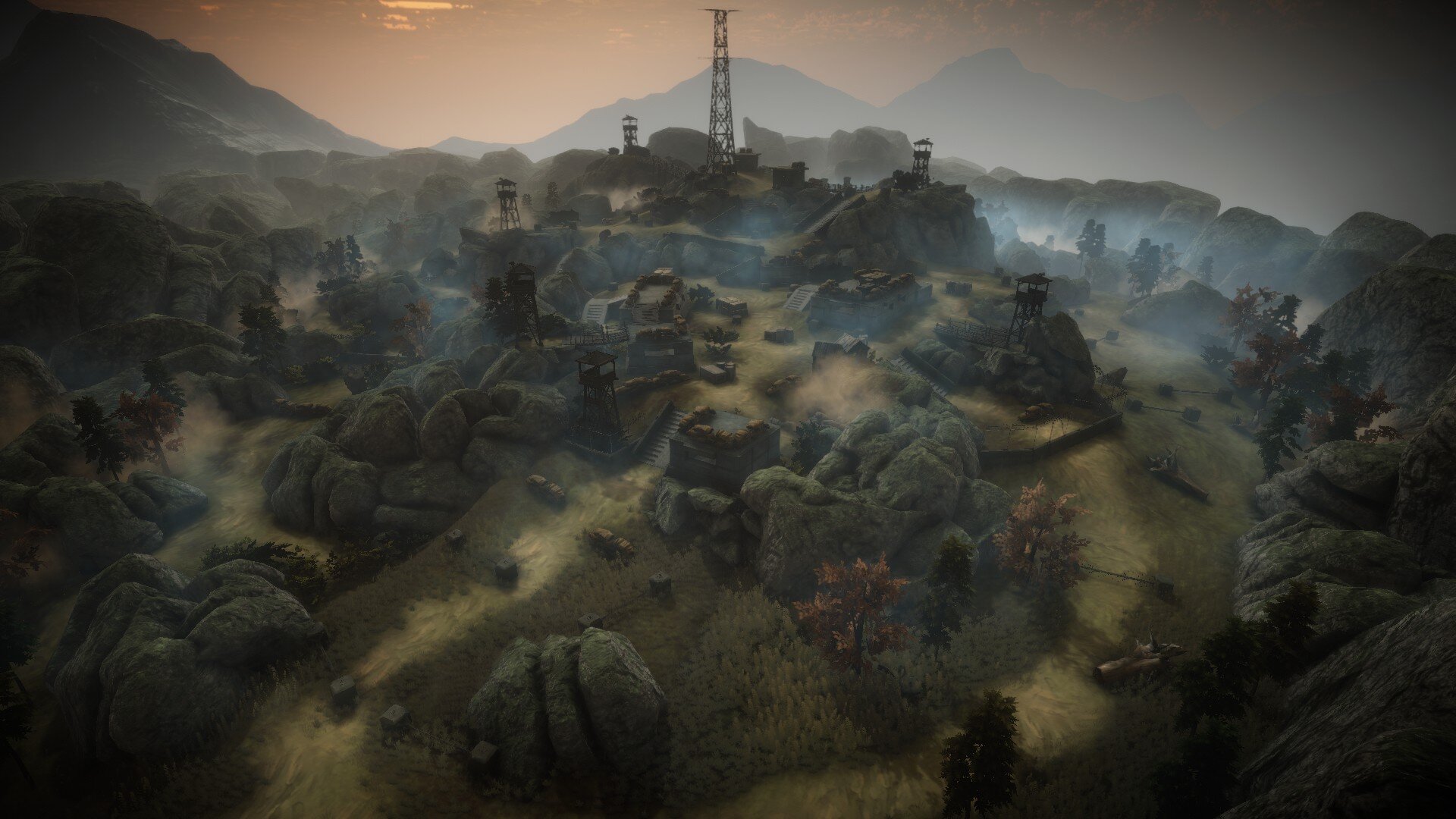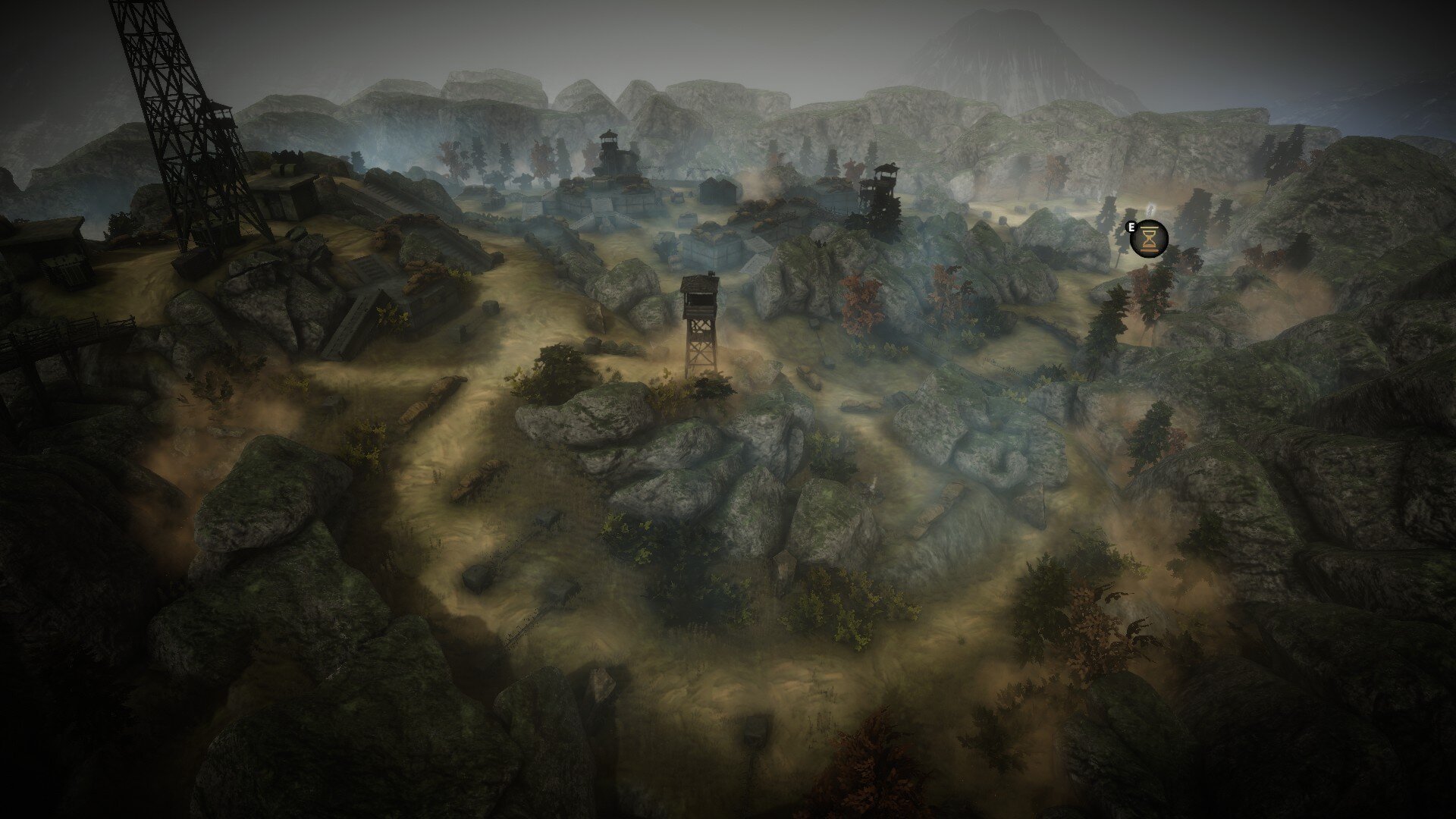Broken Lines
Broken Lines is a simultaneous turn-based tactics game set in an alternative history version of World War 2. The game follows a squad of British soldiers stranded behind enemy lines in eastern Europe and must fight both so complete their mission and to survive another day.
Areas of responsibilities.
Level design
Visual scripting
Player and enemy balancing
Main Campaign Level Contribution
Certainty
Clarity
Consequence
Contact
Recoil
Evasion
Greed
Power
Release
Retribution
Worry
Content Update Level Contribution
Unearthing
Looting
Crossing
Missing
Striking
Burying
Design Philosophy
My level design philosophy for Broken Lines was centered around giving the players space and opportunity to find their own solutions to the "problem" in the level, using their own tactics.
I tried to make levels without an intended path that the player was suppose to follow in order to progress, but instead have several paths to choose from, some of which may intersect
in such a way that the player can switch to another path and still progress in the level without the need for any backtracking through areas that they have already explored.
Game balancing
I was responsible for the balancing of both the player character and the enemies health, movement speed and other stats.
I was also responsible for the balancing of weapons, weapon progression through the campaign, equipment, level rewards and shop availability throughout the game.
Level design
I created a paper design for half of the levels in the main campaign of Broken Lines.
I would create the paper design after some specifications from the writer so that I could make sure to add plot relevant areas and environments.
After that I would take the level through iterations of whiteboxing in editor, which would allow me to start testing the level early and often as well as allow me to get feedback from my lead and others on the project.
Once whiteboxing and testing was in a good place I would work on the encounters themself in the level.
These would range from the early encounters that would tutorielize the player in the games mechanics to the bigger boss encounters in later levels.
During this time I would also be working on the visual scripting for the level.
This would include player and enemy spawning, story events and dialog, adding and removing level objectives and adding in-level cut scenes.
Once that was done I would start working on the environment itself as well as general dressing in the level before handing the level over to out dedicated environmental artist who would work on the lighting and fine tune the dressing with more details.
Visual scripting in levels
I was responsible for the visual scripting in every level of both the main campaign and the Dead and the Drunk update using the PlayMaker plugin for Unity.
This would include player and enemy spawning, story events and dialog, adding and removing level objectives, adding in-level cut scenes.
In the Dead and the drunk update we added a randomized system for enemy encounters that would give the encounters in levels more variation and increase re-playability
